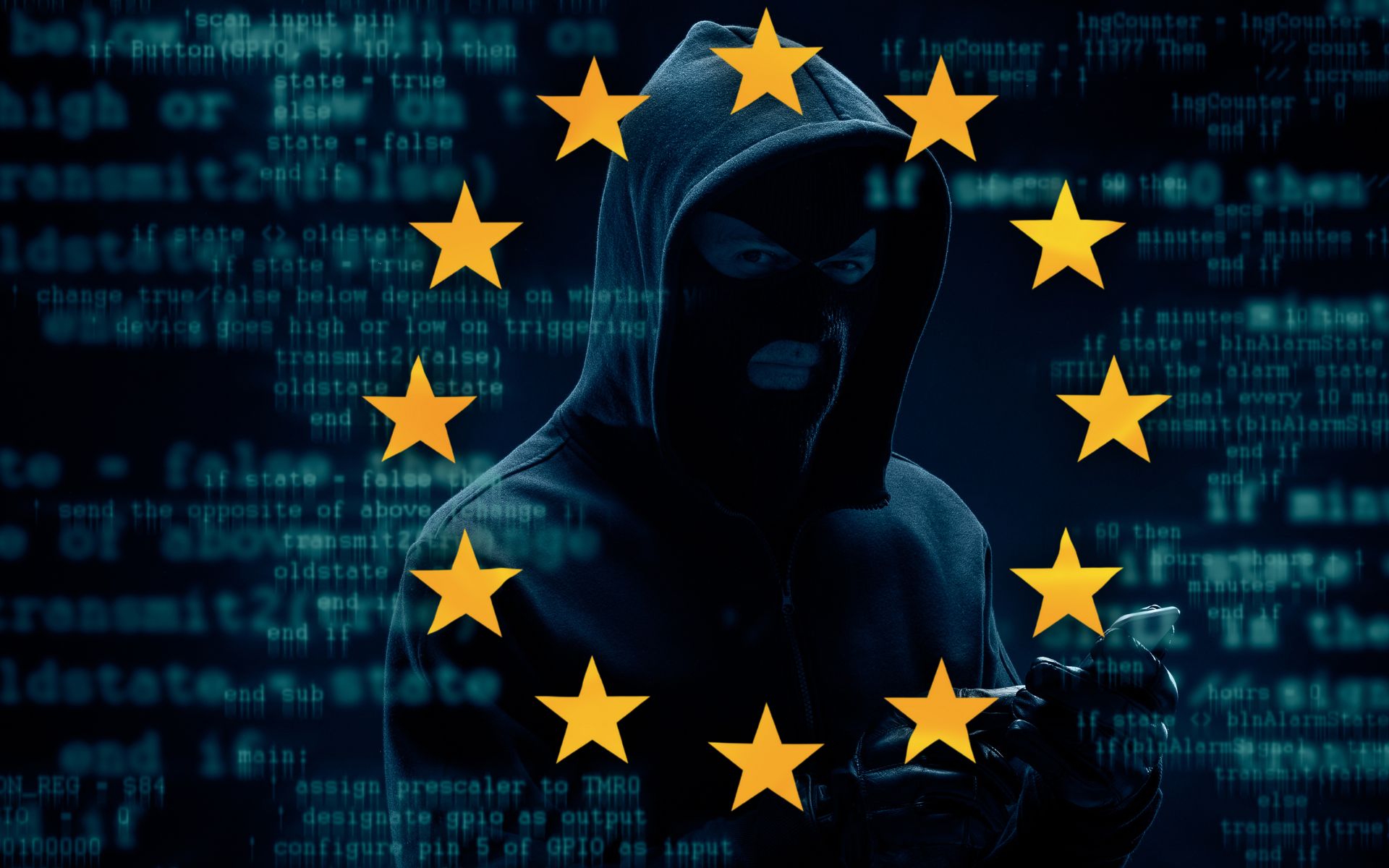The Council of Europe has authorized the European Commission and member states to sign the United Nations Convention against Cybercrime.
The international treaty establishes common standards at the global level to improve cooperation on cybercrime and the exchange of evidence in electronic format to aid in criminal investigations or prosecutions.
The UN Convention against Cybercrime was adopted by the UN General Assembly in December 2024. According to the Convention, the EU (and other regional economic integration organizations) can sign and ratify it if at least one of its member states does so.
The current timing couldn’t be worse: according to a 2024 Europol threat assessment, cybercrime has increased dramatically in terms of volume, intensity and potential for harm. At the same time, electronic evidence has become increasingly important in the context of criminal investigations.
As Peter Hummelgaard, the Danish minister of justice, said in a statement issued by the Council of Europe, “computer fraud, large-scale hacking, the scourge of online child sexual abuse and exploitation, as well as other forms of cybercrime, are on the rise. With the adoption of this international legal instrument, we have taken an important step forward in our global fight against this type of crime.
A key aspect of the Convention is the harmonization among participating countries of the criminalization of certain conduct related to cybercrime. This means that all countries undertake to criminalize certain conducts (e.g. computer fraud or illegal interception) in their national legislation.
The Convention will also push for the criminalization of acts related to online child sexual abuse material, grooming and non-consensual dissemination of intimate images. These offenses are already criminalized at the EU level, but not yet at the international level.
It should be noted that all signatories to the Convention undertake to cooperate in the investigation and prosecution of the Convention offenses. This includes the collection and exchange of electronic evidence. The latter applies to cybercrimes, but also to serious crimes such as international organized crime, if these are punishable by a prison sentence of at least four years.
It also includes important safeguards to prevent participating countries from committing or legitimizing human rights violations. Any interpretation leading to the suppression of human rights or fundamental freedoms, in particular the freedoms of expression, conscience, opinion, religion or belief, peaceful assembly and association, is explicitly excluded.
These safeguards also ensure that international cooperation is refused if countries consider that it is being used to commit human rights violations or if requests are considered to be politically motivated. Cooperation may also be refused if it would be contrary to a country’s domestic law or if the refusal is necessary to avoid any form of discrimination.
Finally, the Convention will be open for signature from October 25, 2025 until December 31, 2026 and will enter into force ninety days after the deposit of the fortieth instrument of ratification, acceptance, approval or accession. In addition, the Presidency will give priority to finalizing the relevant Council decision for the EU and its Member States to conclude the UN Convention on Cybercrime, with a view to seeking the consent of the European Parliament.

No Responses